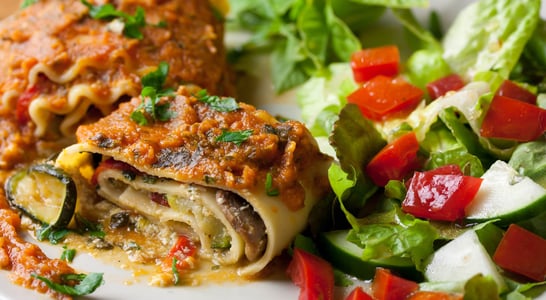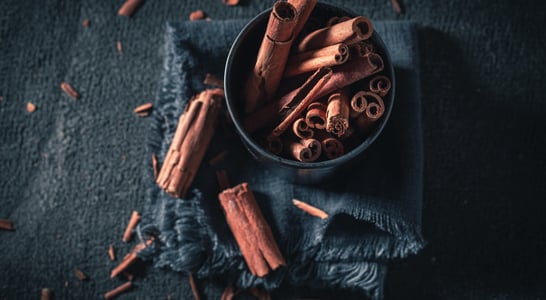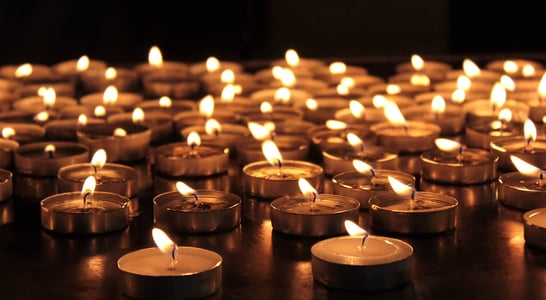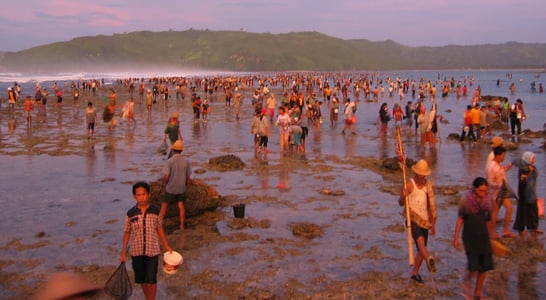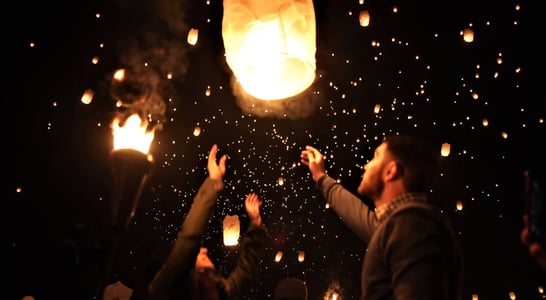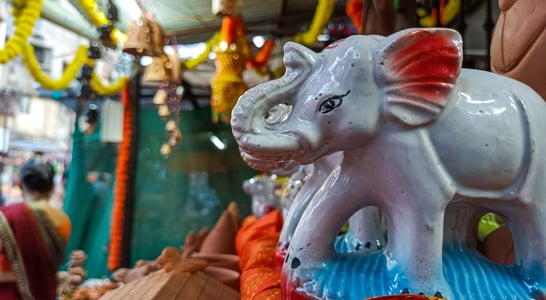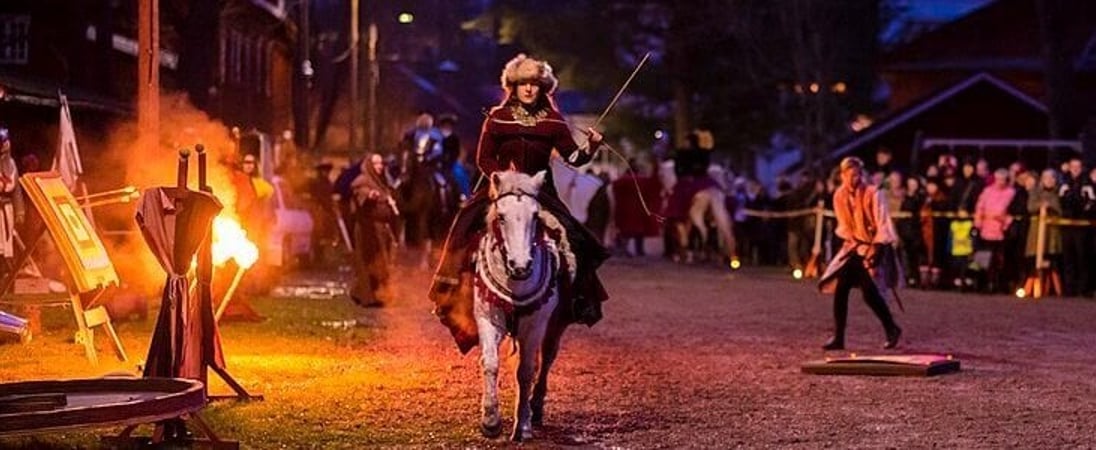
Kekri
Kekri is a unique and lively celebration in Finland that marks the end of the harvest season. This festival is a time of transition, where the community gathers to enjoy the fruits of their labor.
Rich with traditions, Kekri is a feast for the senses, offering plentiful food, drink, and various activities. It’s a moment when families and friends come together to celebrate the year’s achievements and prepare for the winter ahead.
The day is filled with a sense of gratitude and renewal, making it a significant event in the Finnish cultural calendar.
Reasons for Celebrating Kekri
Kekri is celebrated for several meaningful reasons. Primarily, it honors the successful completion of the harvest, a vital time for a society historically reliant on agriculture.
The day also serves as a symbolic turning point, representing both the end of the agricultural year and the start of a new one.
Additionally, it’s a time to remember ancestors, blending celebration with moments of reflection. These traditions have endured because they resonate deeply with the rhythms of nature and community life, making Kekri a cherished occasion in Finnish culture.
History of Kekri
Kekri, one of Finland’s oldest festivals, has its origins in pre-Christian times. It began as a celebration linked to the ancient pagan calendar, focusing on the end of the harvest season.
This period was crucial for farming communities, as it marked the completion of the year’s work and the beginning of preparations for the cold winter months.
The festival was not just about the harvest. It also played a significant role in the people’s spiritual lives. During Kekri, it was believed that spirits of the deceased could visit the living. To honor these spirits and ensure good fortune, families performed various rituals.
These included leaving food out for the spirits and lighting bonfires to ward off evil. Over time, Kekri became intertwined with other holidays, such as Christmas and New Year’s, but its core traditions of feasting, community gathering, and honoring the past remained strong.
Despite modern influences, many in Finland celebrate Kekri, keeping these ancient traditions alive.
How to Celebrate Kekri
Host a Hearty Feast
Gather family and friends for a feast that celebrates the harvest. Serve dishes made from seasonal ingredients like root vegetables, hearty meats, and freshly baked bread.
Don’t forget to include a roast, which is a traditional favorite. A table full of delicious food will surely set the festive mood.
Light Up the Night
Bonfires are a classic part of Kekri. If space allows, build a cozy fire in your backyard. It’s not only for warmth but also for tradition.
The flickering flames symbolize the warmth and light that will help carry everyone through the coming winter. If a bonfire isn’t possible, gather around candles or a fireplace instead.
Honor the Ancestors
Kekri is a time to remember those who came before. Create a small altar with photos of loved ones who have passed away.
Light a candle in their honor and share stories about them. This simple act keeps their memory alive and connects the past with the present.
Get Crafty with Decorations
Channel the spirit of the season by making your decorations. Use natural materials like dried leaves, twigs, and pinecones to create rustic centerpieces and wreaths. You can also carve pumpkins or gourds, adding a personal touch to the festivities.
Play Traditional Games
Traditional Kekri games bring some fun to the celebration. Try your hand at fortune-telling with old-fashioned methods like melting tin or counting sticks.
These playful activities not only entertain but also bring a touch of mystery and magic to the evening.
Also on ...
View all holidaysExtra Mile Day
Adding that unexpected twist to make someone's day brighter, it's the small gestures that leave a lasting impression and create smiles.
World Vegan Day
Cook tasty plant-based meals, attend events organized by local vegan societies and enjoy a lifestyle free from animal products on World Vegan Day.
National Cinnamon Day
With an inviting aroma, this spice adds a touch of sweetness and warmth to any dish, from oatmeal to pastries.
We think you may also like...
Candlemas Day
It's a day to celebrate light and hope, with origins tracing back to ancient times. Get ready to light some candles!

